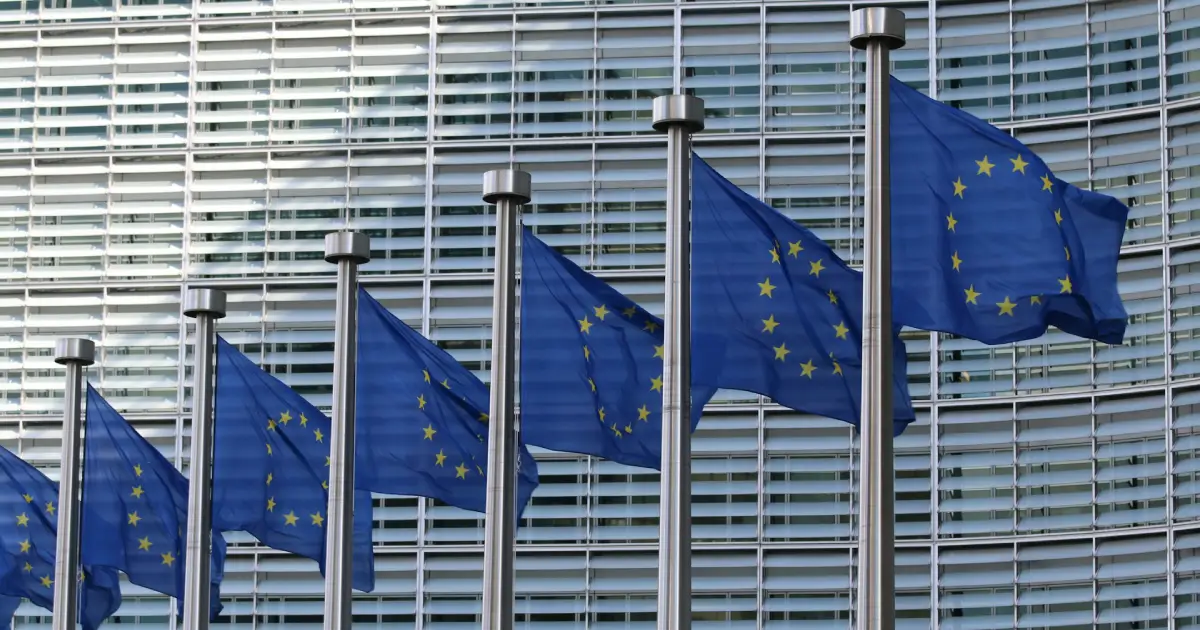ECJ calls European Commission to order: Investigation into Dutch gambling monopoly to be reviewed
The European Court of Justice has ruled that the European Commission did not perform its duties optimally in a long-running case concerning the Dutch gambling monopoly. Their ruling is that the European Commission must therefore re-examine its investigation.
What is the main focus of this investigation?
The European Commission must re-examine whether the Netherlands unfairly favored certain companies in 2014 by simply extending their exclusive gambling rights. This refers to Holland Casino, Lotto, and the Staatsloterij, which held a closed market position for years.
EGBA calls for a new investigation
The European Court of Justice has ruled in favor of EGBA on appeal against the European Commission’s refusal to launch a targeted investigation into state aid in the granting of lottery licenses in the Netherlands.
EGBA stands for European Gaming and Betting Association. Members include Unibet, Bwin, and Bet365, and they have been advocating for fair market access in the Netherlands for years. So, let’s take a look back at its history.
Existence of exclusive government permits
Until 2021, online gambling was prohibited in the Netherlands, and land-based gambling was also strictly controlled. Only a few companies received exclusive government licenses to operate games of chance.
- Holland Casino held a monopoly on physical casinos.
- Lotto (Dutch Lottery) obtained the exclusive rights to lotteries and sports betting (Toto).
- Staatsloterij (the Dutch State Lottery) held the monopoly on this lottery of the same name.
- Lotteries supporting charities, such as the well-known Postcode Loterij, also held fixed licenses without competition.
And other parties weren’t even given a chance to participate, but were automatically sidelined. Foreign parties operating legally elsewhere in Europe were also completely ignored.
Looking back at the situation in 2014
How did they proceed in 2014? The Netherlands then decided to automatically renew those permits without a public tender and without even giving other parties a chance.
The EGBA interpreted this as an expression of state aid, whereby a few selected companies were given a major economic advantage.
But according to European regulations, such an advantage must be carefully assessed. The European Commission conducted only a brief investigation and concluded there was no problem. In other words: End of story.
European Court of Justice reprimands European Commission
Years later, the European Court of Justice concluded that the European Commission had failed. They argued that they should have carefully assessed whether extending these exclusive rights to Dutch providers might have constituted unlawful state aid.
Therefore, the Commission is instructed to investigate this monopoly more thoroughly, with attention to these specific points:
- To what extent did these parties in question enjoy economic benefits thanks to their acquired monopoly?
- Isn’t this in violation of European regulations regarding the free market and state aid?
- Are other players unfairly excluded by not even giving them a chance? For example, the members of the European Gaming and Betting Association (EGBA).
No one is claiming the Netherlands is at fault, but they are saying the procedure it followed was flawed and seriously flawed. Expectations were simply not met.
What could be the implications of a new investigation?
This ruling could have major consequences in the long term if it turns out that there was indeed unlawfully obtained state aid.
- The European Commission can force the Netherlands to reverse or reclaim the benefits.
- Other companies can prepare claims, and the old gambling policy will be critically evaluated.
This also refers to the dominant position of the Dutch Lottery, which has remained a dominant player after the merger of Lotto with the State Lottery, even after the introduction of the law KOA on October 1, 2021.
Why EGBA won’t let go of this issue
The EGBA represents foreign gambling companies that were banned from the Dutch market for years. These companies operated online in many European countries, but the Dutch market remained closed to them.
EGBA now has the opportunity to put pressure on Brussels and The Hague to make the market fairer and to gain clarity about the procedures being followed.
EGBA:
“The Commission must always ensure a thorough investigation, especially when it concerns national monopolies that restrict competition.”
Just to emphasize what this issue does not mean
This ruling doesn’t concern claims against illegal casinos like Unibet or PokerStars. It focuses on the old monopoly structures from before 2021. Furthermore, no ruling has yet been made on potential liability or compensation.
In concrete terms: it is actually purely a reprimand to the European Commission.
What needs to happen now?
The European Commission must now conduct a comprehensive investigation, with EGBA and other parties closely monitoring the situation.
The parties that obtained a monopoly and other Dutch regulators are closely monitoring this situation. If state aid is established, there is a possibility that it will have legal consequences.


